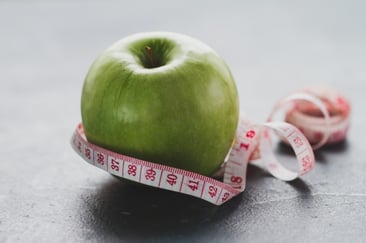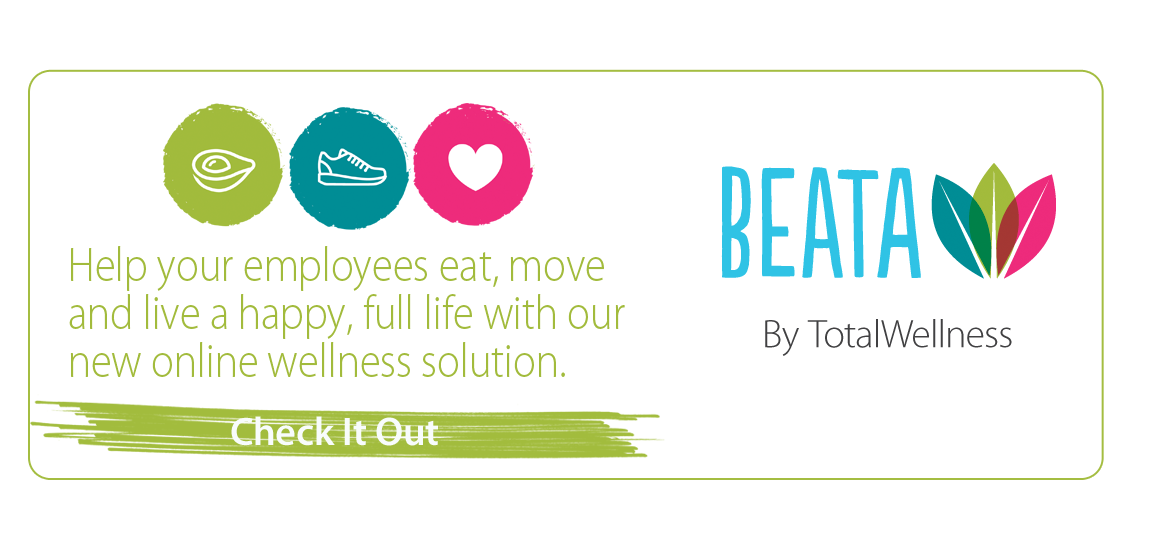There are a lot of diet trends that promise to slim you down, give you energy, and positively change your life forever. Unfortunately, that’s usually just not the case. Whether it’s juicing or eliminating carbs, a diet simply will not yield long-term, healthy results. They are unsuccessful for many reasons, and they’re not beneficial for someone who is looking to lead a heathy lifestyle.
Dieting is a craze that doesn’t seem to be going away anytime soon. In fact, more and more fad diets and “weight-loss” supplements pop up every year. For someone who is trying to lose some weight or just get in better shape, it can be hard to know what really is healthy and how to safely achieve nutritional goals.
We want to help you understand why dieting isn’t the best answer to your health goals. Here are four main reasons why you should never diet again:
Diets are stressful – for both the body and mind.
Many different diets recommend eating as little as 1,000 - 1,200 calories per day. While this will lead to initial weight loss, it’s not healthy weight loss – and it won’t last. Abruptly cutting back a significant amount of calories will leave you with an energy deficit, which causes your body to release stress hormones to cope with the energy shortage. Not to mention, diets can also wreak havoc on your metabolism. You can read more about the physical stressors of dieting here.
Dieting not only induces biological stress on your body but psychological stress as well. Dieting can lead to obsessive behaviors and feelings of guilt if you “cheat” on the rules of your diet. Diets can also cause you to lose self-confidence if you feel as though you’re not strong enough to follow through with the diet plan. Keeping strict tabs on what you’re eating and what you can’t eat all day long can cause you to feel anxious and mentally drain you.
Diets don’t create lasting habits.
There’s really no diet trend that you can stick with for the rest of your life without any health consequences. They don’t create healthy habits. Instead, they create a short-term fix to drop weight that usually comes back after the diet has ended. This creates a vicious cycle of dieting, sliding back into old, unhealthy eating habits, and then trying a new diet. These diets don’t teach you how to form healthy eating habits that are practical in the long-term.
Diets deprive you.
An important factor to a nutritious, balanced diet is moderation. Completely depriving yourself of your favorite foods can lead to binge eating, stress, strong cravings, and irritability. It can actually be beneficial to treat yourself to your favorite foods in healthy moderation. While this doesn’t mean you should be treating yourself to a donut every day for breakfast, it means that eating a donut on a special occasion is perfectly fine and will help you feel satisfied, rather than deprived.
Diets only focus on weight-loss.
Your health is more than a number on the scale. When it comes getting healthier, nutrition is a more important factor than how quickly you can shed some pounds. There are many crash diets out there that are terrible for your nutrition and overall wellness. Some restrict solid foods, while others cut out healthy fats and calories that your body needs to function properly. When your diet is severely restrictive, you may lose weight from the calorie deprivation, but you’ll be dealing with many unpleasant side effects from not providing your body the nourishment it needs.
What should you be doing instead?Eat a nutritious, balanced diet, and learn to eat mindfully. Forming healthy eating habits will create lasting change on how and what you eat. Concentrate on protein, whole grains, healthy fats, fruits and veggies. When you focus on making healthy choices throughout the day and maintaining a balanced diet, you will discover that you don’t need to let a trendy diet tell you what you can and cannot eat.
Instead of letting a crash diet ruin how you feel about yourself and eating, focus on creating a positive relationship with food. Do some research and educate yourself on what your body actually needs to maintain a healthy weight and feel good – physically and mentally.
Don't forget: “A healthy outside starts from the inside.” – Robert Urich
Image created by Freepik


